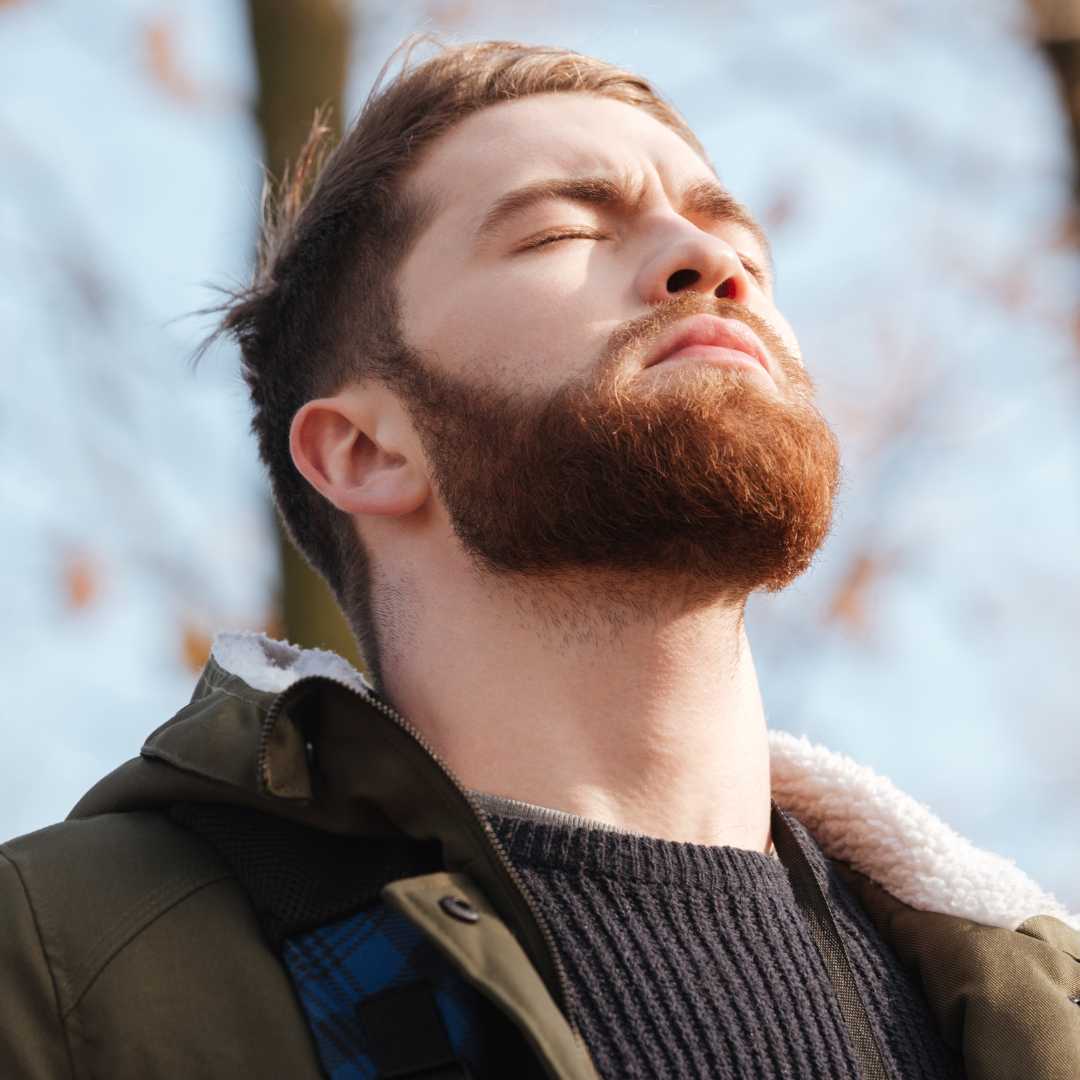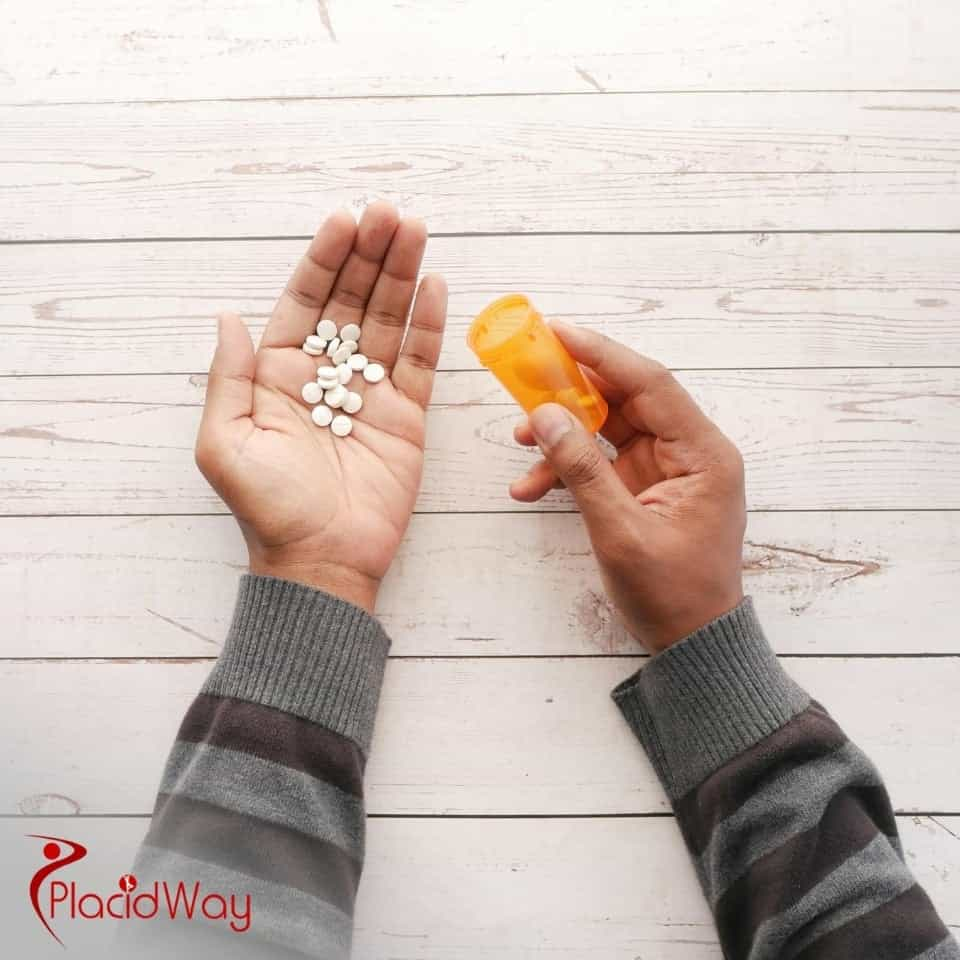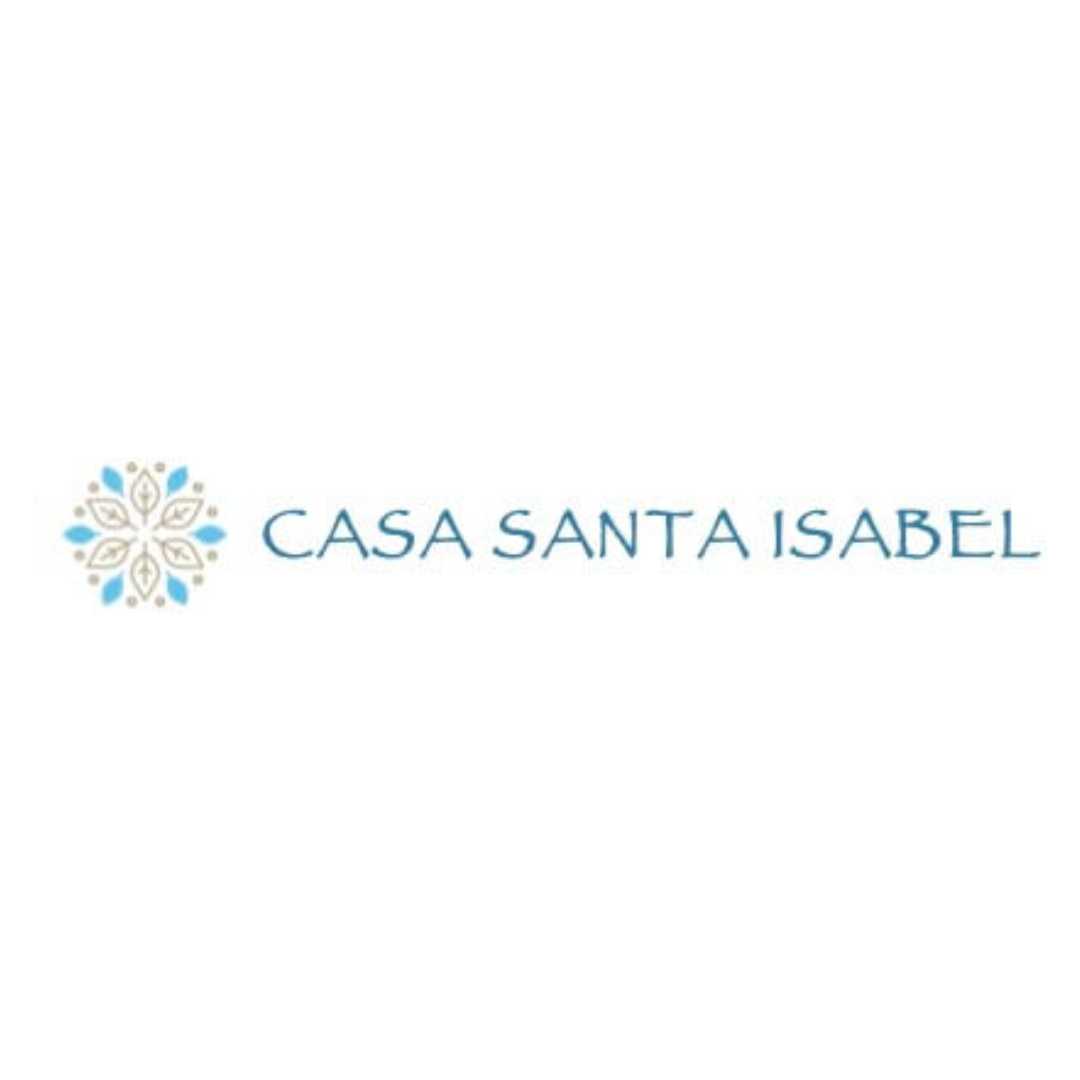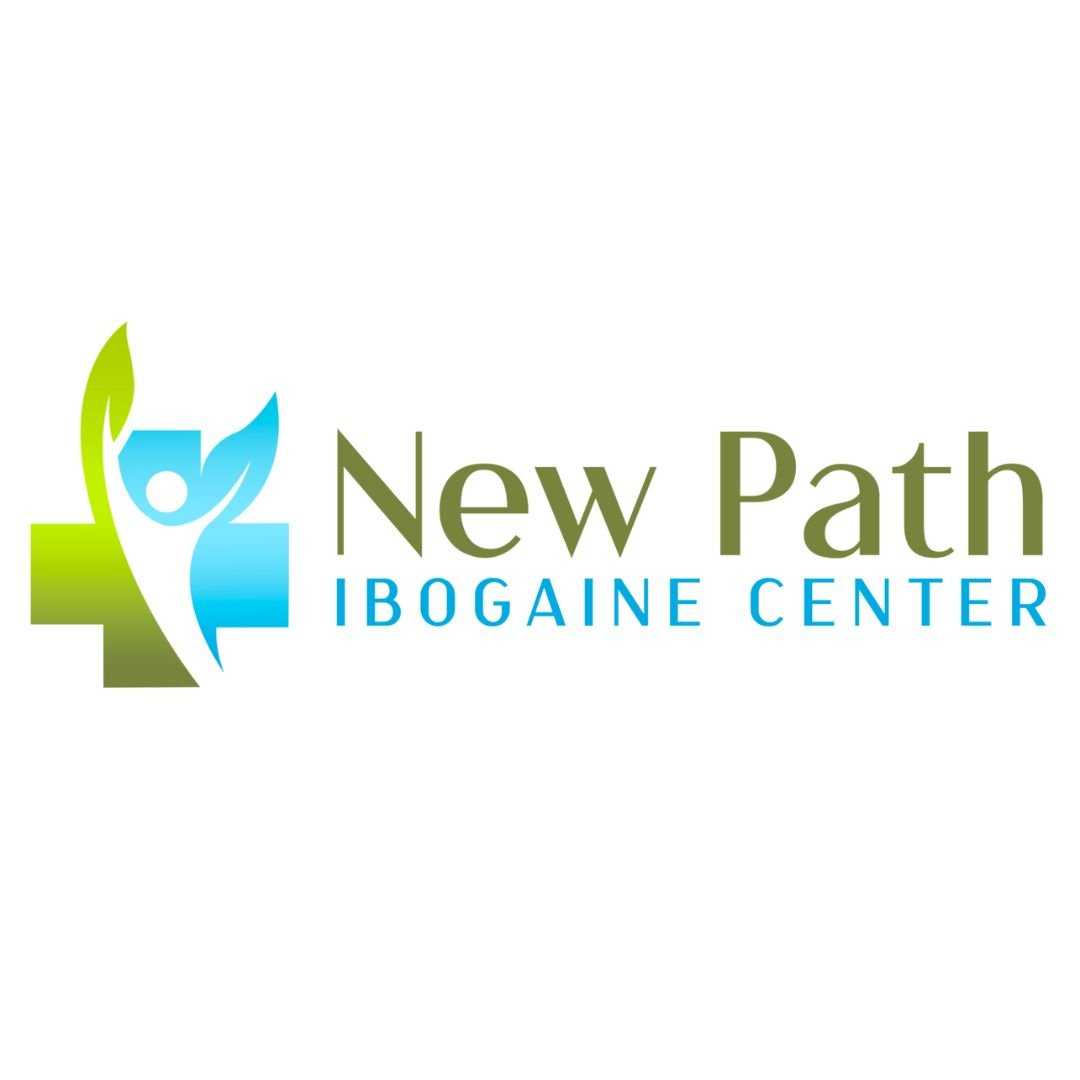Ibogaine Mexico Price: Tijuana Guide

Ibogaine treatment is a form of alternative therapy sought by individuals primarily for addiction, particularly opioid addiction. It involves the use of ibogaine, a psychoactive substance derived from the Tabernanthe iboga plant, which is native to West Africa. Many people travel to Tijuana, Mexico, for this treatment due to its availability and the comprehensive programs offered by various clinics. This therapy is believed to help interrupt addiction by reducing withdrawal symptoms and cravings, and often providing psychological insights.
The allure of ibogaine therapy in Tijuana often comes down to a combination of accessibility, the holistic approach many clinics take, and the cost compared to potential long-term addiction expenses. While not a universally recognized or legal treatment in all countries (it's a Schedule I substance in the US), Mexico has become a prominent destination for those seeking this alternative path to recovery. Understanding the nuances of this treatment, especially its financial aspects, is crucial for anyone considering it.
How much is an ibogaine treatment in Tijuana, Mexico?
"The cost of an ibogaine treatment in Tijuana, Mexico, typically ranges from $5,000 to $10,000 USD, though some extended or luxury programs can be higher."
This price can fluctuate significantly based on several factors. Standard clinics might offer packages at the lower end of this spectrum, focusing on the core treatment and essential medical supervision. More comprehensive or luxury facilities, offering additional therapies, private accommodations, and extended stays, can command prices upwards of $15,000 or even $20,000. It's vital to get a clear breakdown of what is included in the quoted price from any clinic you are considering.
What factors influence the cost of ibogaine treatment in Tijuana?
"Several factors influence the price of ibogaine therapy in Tijuana, including the clinic's reputation and level of medical supervision, the duration of the program, the inclusiveness of aftercare services, and the standard of accommodation and amenities provided."
The expertise of the medical staff, including doctors and nurses experienced in administering ibogaine and managing potential complications, plays a significant role. Longer programs, which might include pre-treatment detox and more extensive post-treatment support, will naturally cost more. Some clinics bundle services like nutritional support, psychological counseling, and complementary therapies (yoga, meditation) into their packages, affecting the overall ibogaine treatment cost. The quality of the facility itself – whether it’s a basic clinical setting or a more resort-like environment – also impacts the price.
What is ibogaine treatment used for?
"Ibogaine treatment is primarily used to address substance use disorders, especially addiction to opioids (like heroin, fentanyl, and prescription painkillers), and it's also explored for conditions like alcohol and cocaine dependence, and even some psychological conditions like PTSD and depression."
The core appeal of ibogaine lies in its reported ability to significantly reduce or eliminate acute withdrawal symptoms from opiates. Many individuals also report a drastic reduction in cravings for weeks or months post-treatment. Beyond addiction, some research and anecdotal reports suggest potential benefits for mood disorders and trauma, attributing this to the deep psychological insights that can occur during the psychoactive experience.
Is ibogaine treatment legal in Mexico?
"Yes, ibogaine treatment is not prohibited in Mexico, which allows clinics to operate, particularly in border cities like Tijuana. However, it's important to note that it is not a federally regulated medical treatment in the same way as conventional pharmaceuticals."
While legal to administer, the regulatory landscape means the quality and safety standards can vary between clinics. This makes thorough research by prospective patients absolutely essential. Unlike countries where it might be under strict medical trial protocols or completely banned (like the United States, where it is a Schedule I drug), Mexico's stance allows for greater accessibility.
How safe is undergoing ibogaine treatment in Tijuana?
"The safety of ibogaine treatment in Tijuana largely depends on the chosen clinic's medical screening, protocols, and the experience of their staff; while many clinics operate safely, ibogaine carries inherent risks, including cardiac complications."
Ibogaine can affect heart rhythm (specifically QT interval prolongation), which can be dangerous, especially for individuals with pre-existing heart conditions. Reputable clinics conduct thorough pre-treatment medical evaluations, including EKGs, to assess a candidate's suitability. Continuous medical monitoring during and immediately after the ibogaine administration is crucial. Choosing a clinic with qualified medical personnel and emergency protocols is paramount to mitigating risks.
How long does an ibogaine treatment program in Tijuana typically last?
"A typical ibogaine treatment program in Tijuana can range from 5 to 12 days, with some clinics offering shorter intensive sessions and others providing more extended programs that can last several weeks, including detox and aftercare planning."
The shortest programs usually focus on the ibogaine session itself and immediate recovery, often lasting around 7-10 days. Longer programs may incorporate a medically supervised detoxification period before the ibogaine, especially for substances like methadone or Suboxone, which require a transition. Extended stays also allow for more in-depth aftercare planning and integration of the experience.
What is generally included in the cost of ibogaine treatment in Tijuana?
"The cost of ibogaine treatment in Tijuana typically includes the ibogaine session itself, pre-treatment medical screening, 24/7 medical supervision during and immediately after the session, accommodation, and meals. Some clinics also include aftercare planning and initial follow-up support."
More comprehensive packages might also offer:
- Psychological counseling or therapy sessions
- Nutritional support and specialized diets
- Complementary therapies (e.g., yoga, meditation, massage)
- Airport pick-up and drop-off
- Post-treatment booster doses, if deemed necessary
It's crucial to confirm exactly what services are covered to avoid unexpected additional expenses.
What are the success rates of ibogaine treatment in Tijuana?
"Defining success rates for ibogaine treatment in Tijuana is complex as 'success' can be subjective; however, studies and anecdotal reports suggest that a significant percentage of individuals experience a reduction in withdrawal symptoms and cravings, with some achieving long-term abstinence, though relapse can still occur."
One study on patients treated in Mexico (between 2012-2015) showed 80% reported ibogaine eliminated or drastically reduced withdrawal symptoms, and 50% reported reduced cravings. Thirty percent reported never using opioids again after treatment. However, 70% did report relapse at some point, though many of those still experienced decreased use. Success is often tied to the individual's commitment to aftercare and lifestyle changes.
How do I choose a reputable ibogaine clinic in Tijuana?
"To choose a reputable ibogaine clinic in Tijuana, thoroughly research their medical staff's credentials, safety protocols, emergency procedures, request to see lab tests for ibogaine purity, read patient testimonials, and ensure they operate transparently from a proper medical facility."
Look for clinics with experienced medical doctors and nurses. Inquire about their pre-treatment screening process and what medical equipment they have on-site. Ask for testimonials or if you can speak to former patients. Be wary of clinics making unrealistic guarantees or using high-pressure sales tactics. Transparency about their ibogaine source and purity (e.g., via mass spectrometry tests) is also a good sign.
What are the potential risks and side effects of ibogaine treatment?
"Potential risks of ibogaine treatment include cardiac arrhythmias (irregular heartbeat), seizures, low blood pressure, ataxia (loss of muscle control), nausea, vomiting, and psychological distress such as anxiety or prolonged hallucinations. In rare cases, fatalities have occurred."
Ibogaine is a powerful psychoactive substance with significant physiological effects. Pre-existing heart conditions, certain medications, and incorrect dosing can increase these risks. Common side effects during the experience can include nausea, vomiting, and difficulty with coordination. The psychoactive experience itself can be intense and sometimes challenging. Thorough medical screening and experienced medical supervision are critical to minimize these risks.
What kind of aftercare and support is available post-treatment in Tijuana?
"Many ibogaine clinics in Tijuana offer aftercare planning, which may include referrals to therapists or sober living environments, and some provide a limited number of follow-up therapy sessions or booster doses. However, long-term aftercare is typically the patient's responsibility."
Ibogaine aftercare is considered crucial for long-term success. While the treatment can interrupt addiction, it doesn't "cure" it. Aftercare plans often involve lifestyle changes, ongoing therapy (individual or group), support groups (like SMART Recovery or 12-step programs), and strategies to avoid triggers. Some clinics help facilitate these plans or partner with aftercare providers.
How should I prepare for an ibogaine treatment journey in Mexico?
"Preparing for an ibogaine treatment journey in Mexico involves thorough medical checks, being honest with the clinic about your substance use and health history, arranging travel and finances, and setting clear intentions for your recovery. It's also advisable to plan for post-treatment support."
Clinics will usually provide a list of medical tests required beforehand. It's vital to abstain from certain substances for a specified period before treatment, as instructed by the clinic. Mentally preparing for an intense experience and being open to change is also important. Logistically, ensure your passport is valid and you understand any travel advisories for Mexico.
Are there alternative treatments to ibogaine?
"Yes, there are many alternatives to ibogaine treatment for addiction, including conventional medical detox, medication-assisted treatment (MAT) with drugs like methadone, buprenorphine, or naltrexone, behavioral therapies (CBT, DBT), 12-step programs, SMART Recovery, and other psychedelic-assisted therapies being researched (e.g., psilocybin, ketamine)."
The best treatment approach varies by individual. Conventional treatments often have more extensive scientific backing and regulatory approval. Exploring all available options and discussing them with healthcare professionals is recommended before deciding on a course of action for addiction treatment.
What do patient reviews and testimonials say about ibogaine treatment in Tijuana?
"Patient reviews for ibogaine treatment in Tijuana are often mixed but frequently highlight profound experiences, significant reduction in withdrawal and cravings, and a "reset" feeling. Negative reviews, when they appear, can relate to unmet expectations, facility conditions, or insufficient medical oversight at less reputable clinics."
Many testimonials describe the experience as life-changing and a pivotal moment in their recovery. Patients often speak of gaining new perspectives on their addiction and life. However, it's important to approach testimonials with a critical eye, looking for patterns and verifying sources where possible. The intensity of the experience is a common theme, as is the importance of the clinic's staff and environment.
What are the logistics of traveling to Tijuana for ibogaine treatment?
"Traveling to Tijuana for ibogaine therapy typically involves flying into San Diego International Airport (SAN), as it's very close to the border. Most clinics offer pick-up services from San Diego. Ensure you have a valid passport and check current visa requirements for Mexico if applicable."
Many clinics assist with coordinating travel from the San Diego airport to their facility in Tijuana. It's advisable to communicate clearly with the clinic about your travel plans. Consider travel insurance and be aware of customs regulations. The ease of crossing the border can vary, so allow ample time.
Ready to explore your healthcare options further? PlacidWay can help you connect with various medical tourism opportunities and healthcare services worldwide. Discover solutions tailored to your needs today!


.png)




.png)


.png)






Share this listing